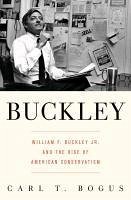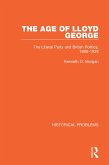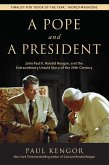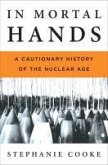William F. Buckley Jr., was the foremost architect of the conservative movement that swept the American political landscape from the 1960s to the early 2000s. When Buckley launched National Review in 1955, conservatism was a beleaguered, fringe segment of the Republican Party. Three decades later Ronald Reagan-who credited National Review with shaping his beliefs-was in the White House. Buckley and his allies devised a new-model conservatism that replaced traditional ideals with a passionate belief in the free market, religious faith, and an aggressive stance on foreign policy.
Buckley was an eloquent writer and brilliant polemicist whose works are still required texts for conservatives. His TV show Firing Line and his campaign for mayor of New York City made him a celebrity; his wit and zest for combat made conservatism fun. But Buckley was far more than a controversialist. Deploying his uncommon charm, shrewdly building alliances, and refusing to compromise on core principles, he almost single-handedly transformed conservatism from a set of retrograde attitudes into a revolutionary force. Scholar Carl T. Bogus gives us the most authoritative biography ever published of this vital, larger-than-life figure.
Buckley was an eloquent writer and brilliant polemicist whose works are still required texts for conservatives. His TV show Firing Line and his campaign for mayor of New York City made him a celebrity; his wit and zest for combat made conservatism fun. But Buckley was far more than a controversialist. Deploying his uncommon charm, shrewdly building alliances, and refusing to compromise on core principles, he almost single-handedly transformed conservatism from a set of retrograde attitudes into a revolutionary force. Scholar Carl T. Bogus gives us the most authoritative biography ever published of this vital, larger-than-life figure.









